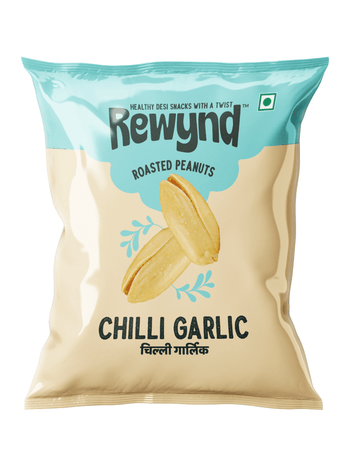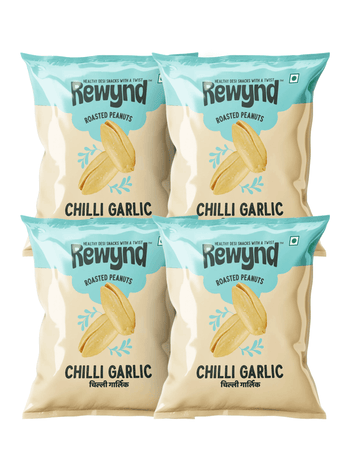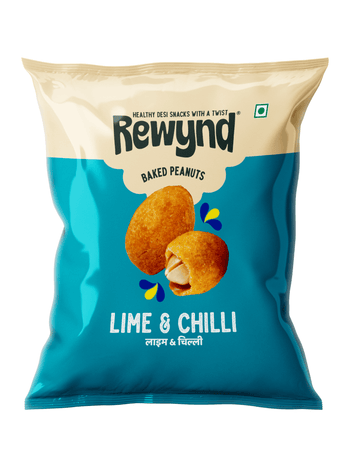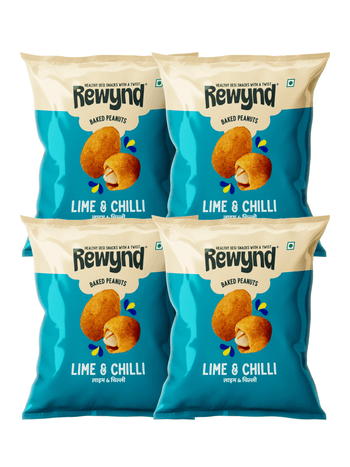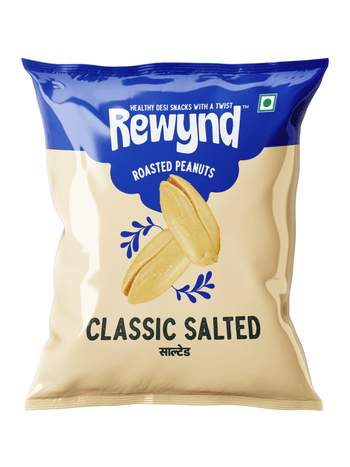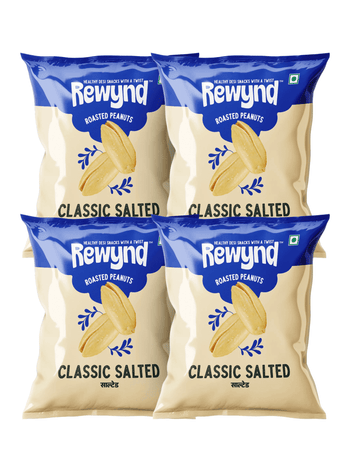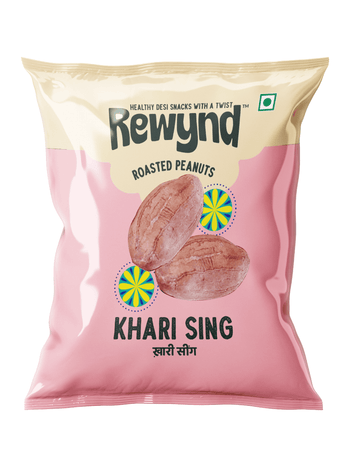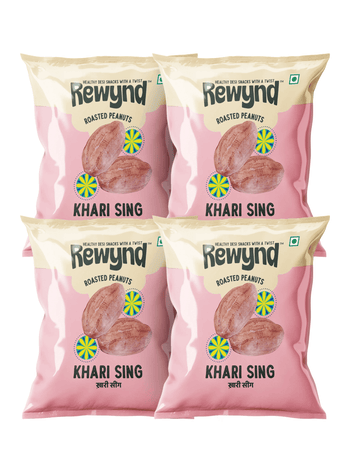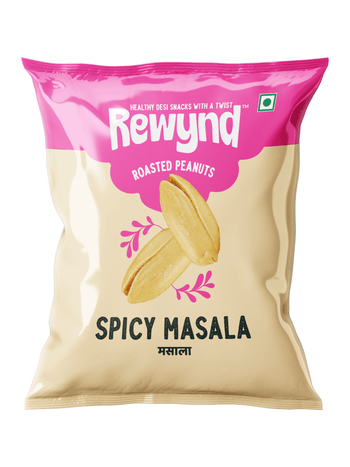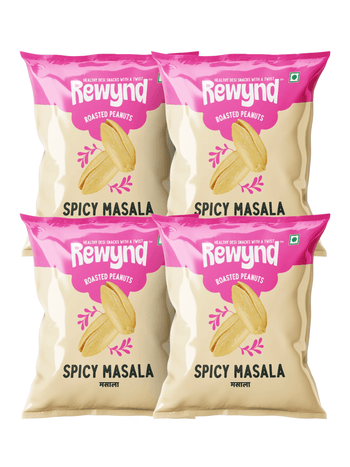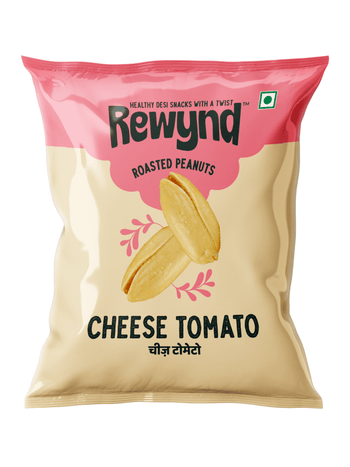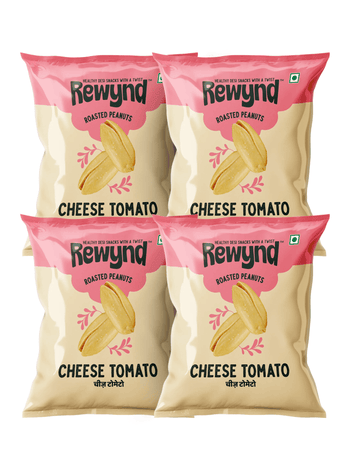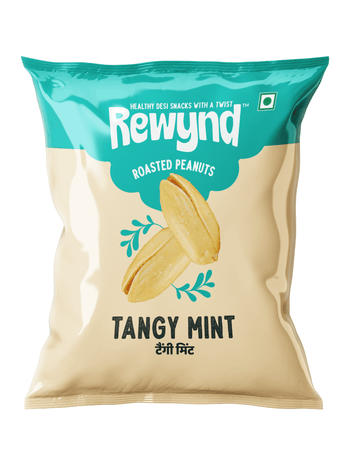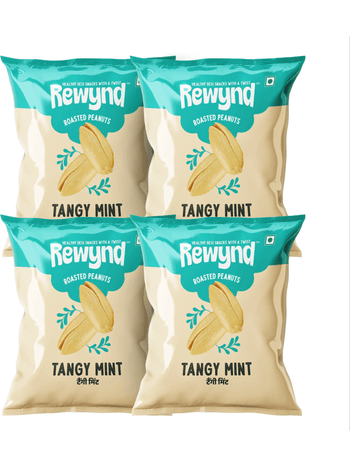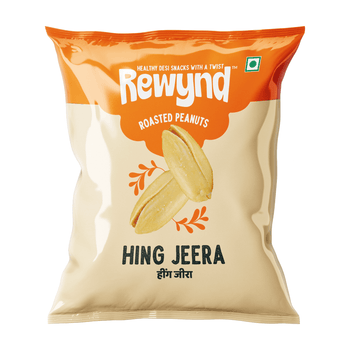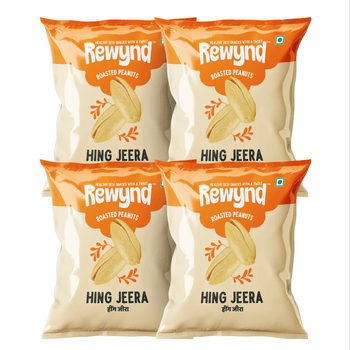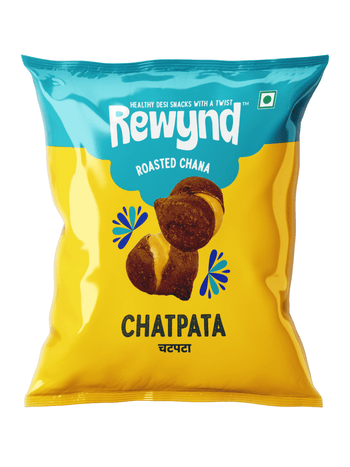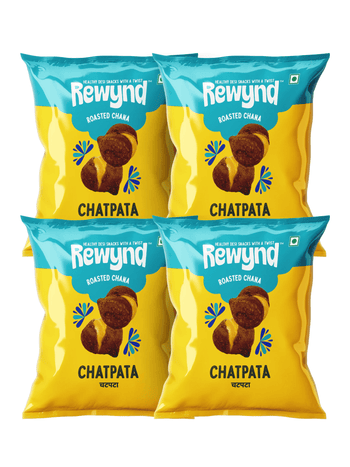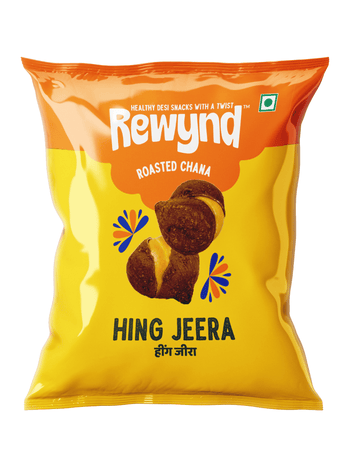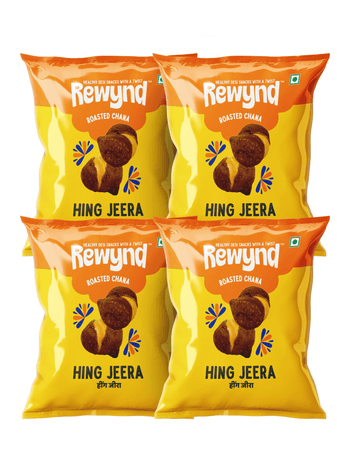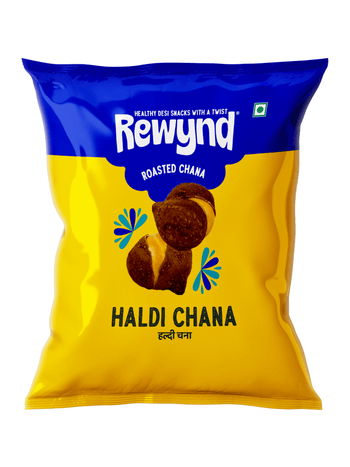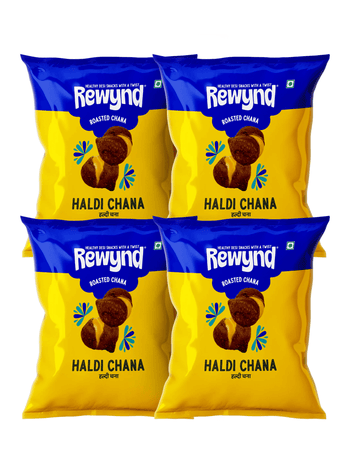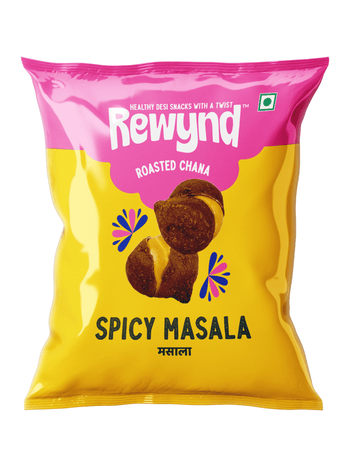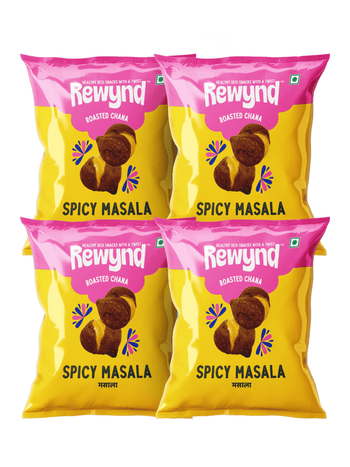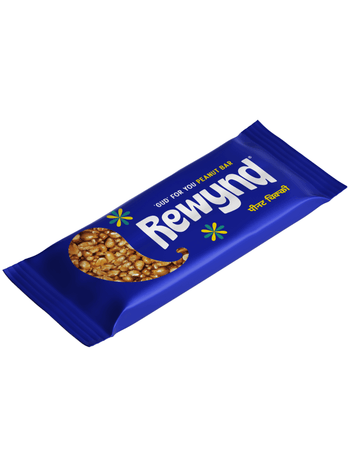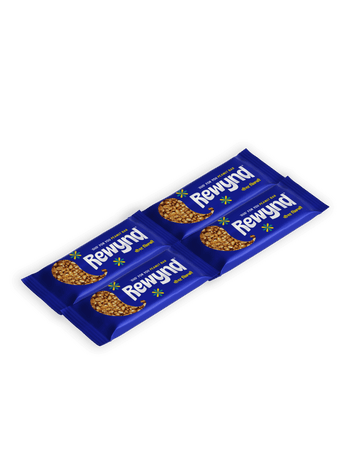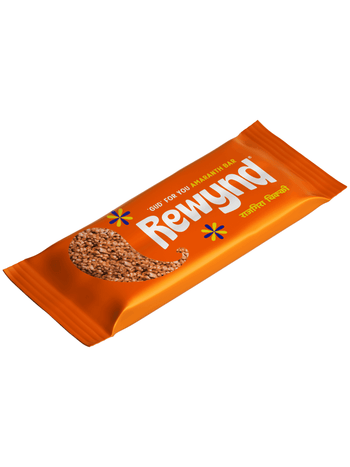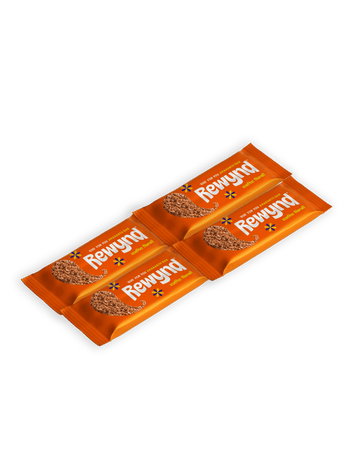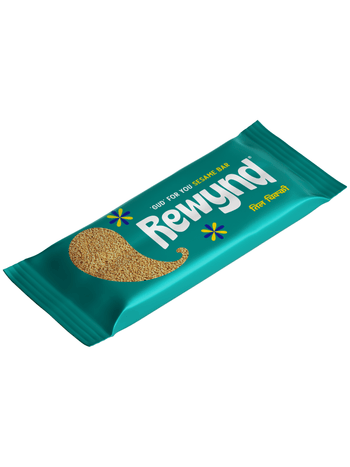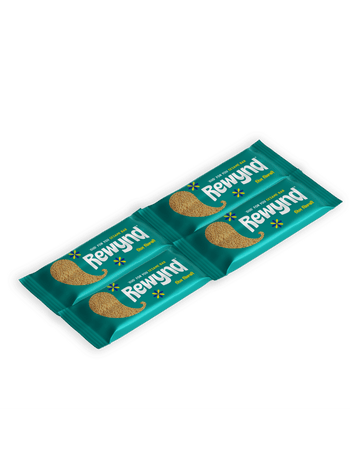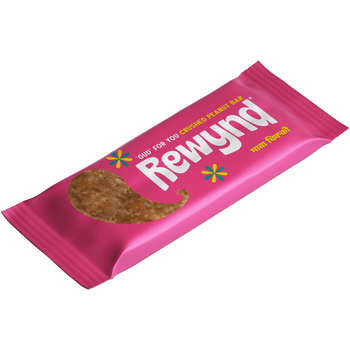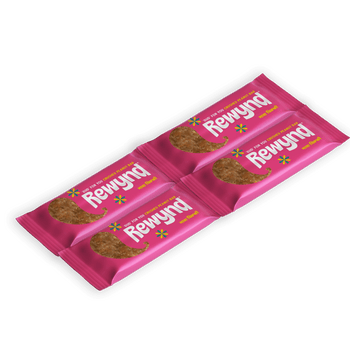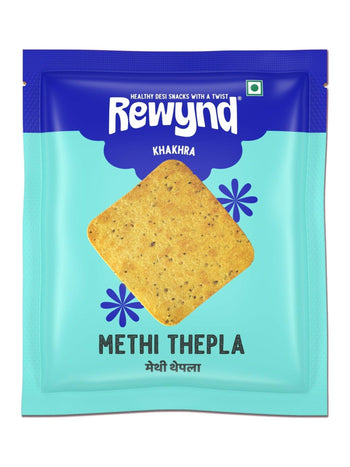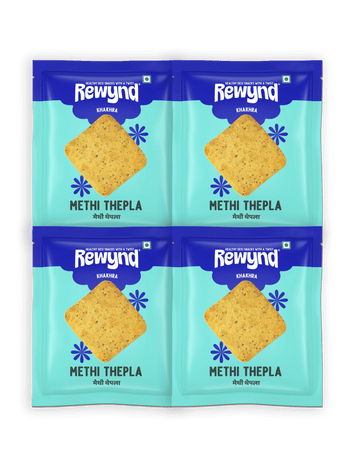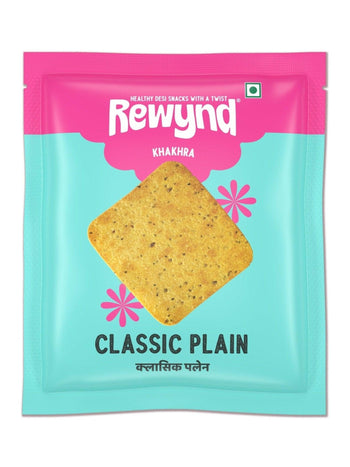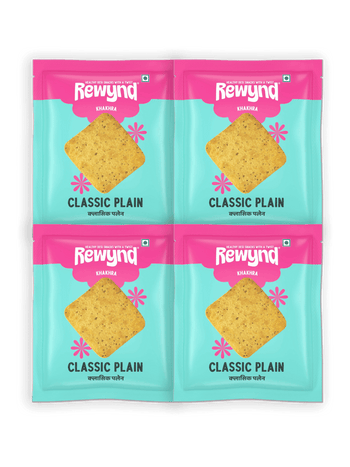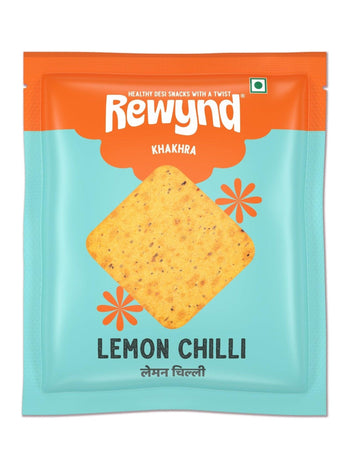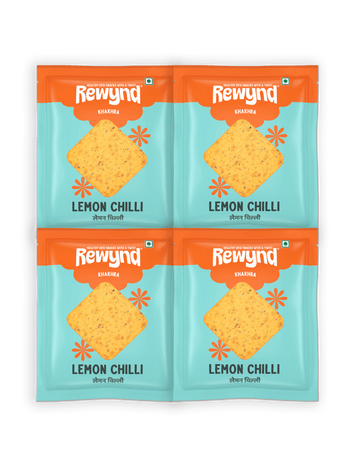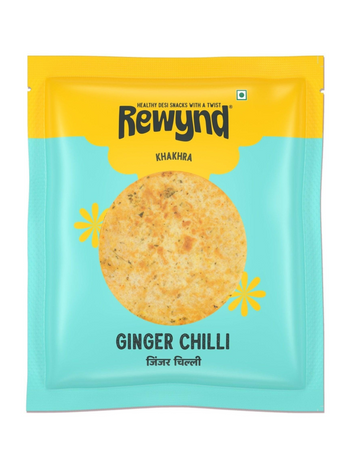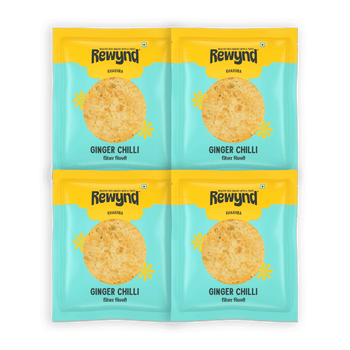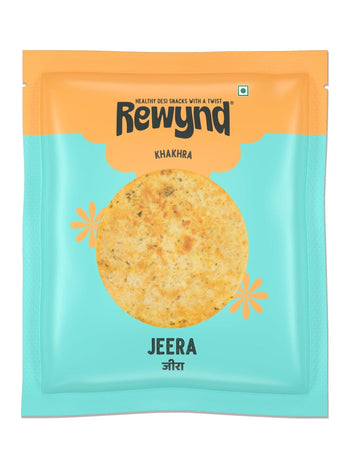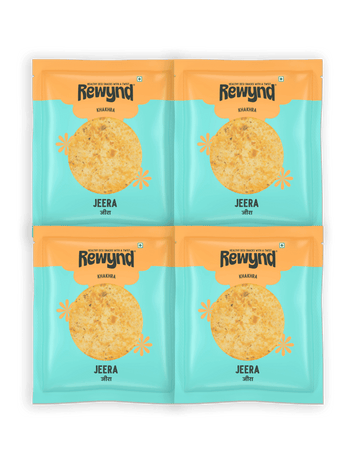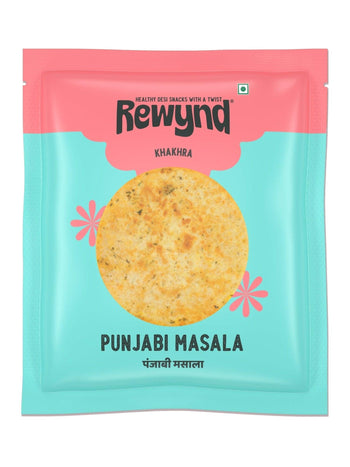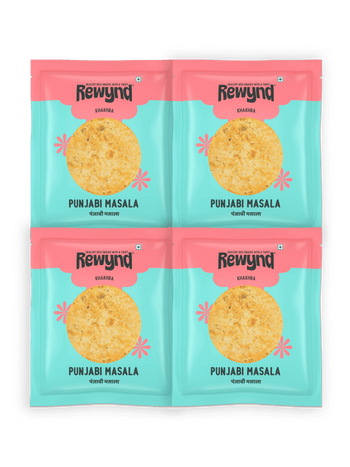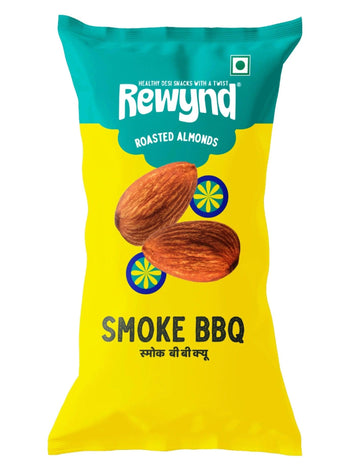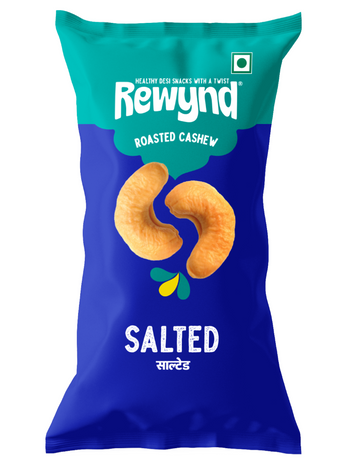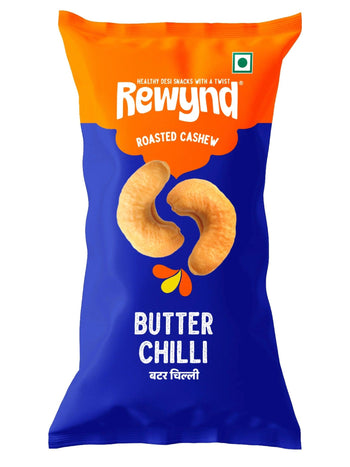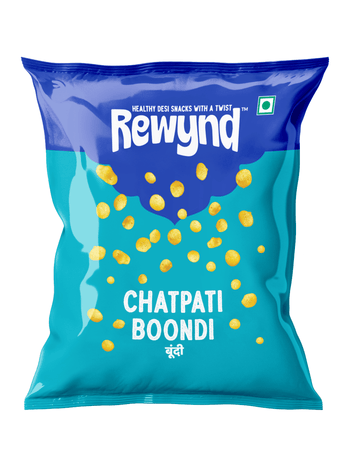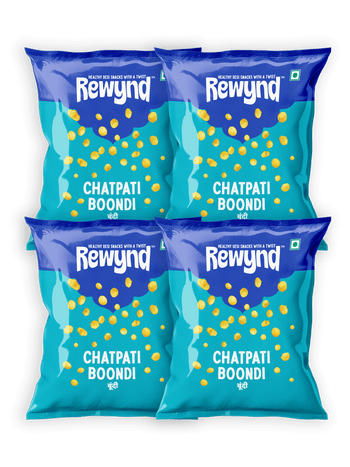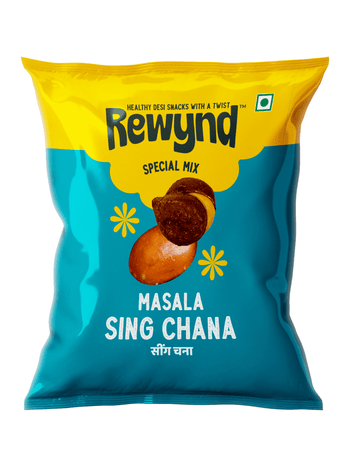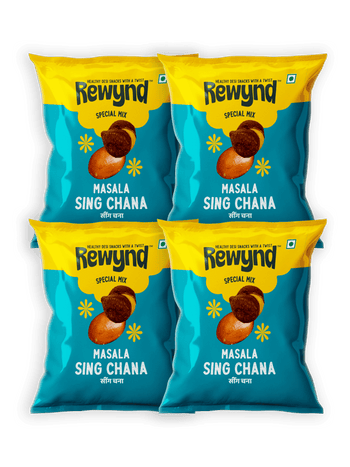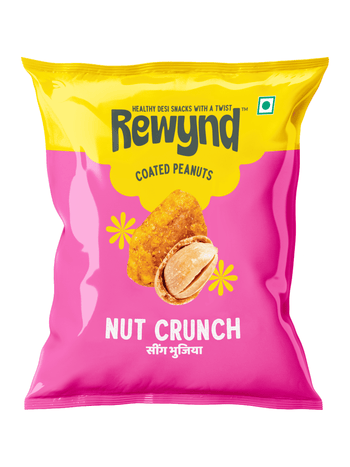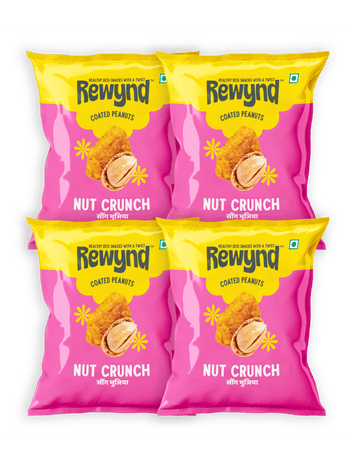Let’s Rewynd a bit.
Maintaining healthy cholesterol levels is an important part of heart health, but it doesn’t mean giving up snacks. By choosing snacks rich in fibre, plant proteins and heart-healthy fats and limiting saturated fat and sugar, you can enjoy tasty bites that support your cholesterol goals.
Why Cholesterol-Friendly Snacking Matters
Cholesterol is a fat-like substance essential for cell membranes and hormone production. However, high levels of low-density lipoprotein (LDL) cholesterol can build up plaque in arteries, raising the risk of heart disease and stroke.
Foods high in saturated and trans fats raise LDL levels, while foods rich in soluble fibre and unsaturated fats help lower them.
Similarly, Healthline’s dietitians note that foods low in saturated fat but high in soluble fibre and heart-healthy unsaturated fats are key for balancing cholesterol. Incorporating these principles into daily snacking can make a meaningful difference without sacrificing taste.
Principles of Cholesterol-Friendly Snacks
Before diving into snack ideas, keep these general guidelines in mind:
-
Choose unsaturated fats: Swapping saturated fats for unsaturated fats (from vegetable oils, nuts and seeds) can help lower LDL cholesterol.
-
Fill up on fibre: Soluble fibre forms a gel in the gut that binds cholesterol and reduces absorption. Oats, barley, beans and lentils are rich sources; eating 2–3 servings of oats or barley daily provides beta-glucan, a soluble fibre shown to lower cholesterol. Pulses like beans, peas and lentils also supply fibre and plant protein. (Source: British Heart Foundation.)
-
Enjoy nuts and seeds: Nuts provide unsaturated fats, fibre and plant compounds. The British Heart Foundation notes that replacing sugary biscuits and cakes with a small handful (about 30 g) of plain nuts or a mix of nuts and seeds can support healthy cholesterol. Flaxseeds are especially beneficial due to omega-3 fats and lignans that lower total and LDL cholesterol. (Source: Eating Well.)
-
Load up on fruits and vegetables: Fruits and vegetables are naturally low in calories and fat, high in fibre, and packed with vitamins and antioxidants. Eating at least five servings a day including beans, peas or lentils—helps reduce cholesterol. Avocados also contain monounsaturated fats and plant sterols that decrease LDL.
-
Watch your cooking methods: Deep-frying adds saturated and trans fats. Tarla Dalal’s healthy Indian recipe guidelines recommend baking, grilling, steaming or air-frying, and using heart-healthy oils instead of ghee or butter.
Top Cholesterol-Friendly Snacks
Oat-Based Snacks
-
Porridge or overnight oats: Start your day with oatmeal cooked in water or low-fat milk. Oats provide beta-glucan fibre; a 40 g serving of oats supplies about 1.4 g of beta-glucans. Top with fruit, nuts or a sprinkle of seeds for flavour.
-
Oat energy balls: EatingWell highlights oat energy balls made from oats, dates, nuts and seeds as a top cholesterol-friendly snack; the beta-glucan fibre binds cholesterol in the intestines. Prepare a batch with rolled oats, chopped dates, almonds and flaxseed for a portable treat.
Pulses and Legumes
-
Roasted chana (chickpeas): Pulses like chickpeas offer plant protein and soluble fibre. Roasted chana (bhuna chana) can replace fried snacks; it’s crunchy and filling.
Rewynd Haldi Chana, roasted with turmeric, is an easy ready-to-eat option that delivers protein and spice without unhealthy fats.
-
Sprouts and bean salads: Sprouts of moong or chana tossed with chopped vegetables, lemon juice and mint make a refreshing snack rich in fibre and vitamins. Pulse-based salads help increase intake of beans and lentils, which supply soluble fibre.
-
White bean & avocado toast: Combining mashed white beans and avocado on whole-grain toast gives a savoury, protein-rich snack.
Nuts, Seeds and Healthy Fats
-
Almonds and mixed nuts: A small handful of almonds or mixed nuts provides unsaturated fats and fibre. Research summarised by EatingWell shows that almonds can reduce total and LDL cholesterol. Consider making a trail mix with almonds, walnuts, pumpkin seeds and dried fruit for a sweet–salty snack.
-
Seed crackers with hummus: Seed crackers made with flaxseeds, sesame seeds and sunflower seeds deliver omega-3 fats and soluble fibre that lower cholesterol. Pair with hummus for additional protein and flavour.
-
Apples with peanut butter: Apples contain polyphenols and pectin (a type of soluble fibre) that may help reduce LDL cholesterol, while peanut butter adds protein and monounsaturated fat. Opt for natural peanut butter without added sugar or hydrogenated oils.
-
Edamame: Steamed edamame (soybeans) are rich in plant protein; EatingWell notes that soy protein can reduce LDL cholesterol by 3–4 percent.
Fruits and Vegetables
-
Fresh fruit plates: Apples, oranges, bananas, berries and pomegranates are naturally sweet and fibre-rich.
-
Vegetable sticks with dip: Carrot, cucumber and bell pepper sticks paired with hummus or a yogurt–mint dip offer crunch and nutrients. Pulses in hummus increase fibre and protein.
-
Smoothies with greens and seeds: Blend spinach or kale with fruit, oats and flaxseed for a heart-healthy smoothie. The combination of fibre, antioxidants and omega-3 fats supports cholesterol control.
Lifestyle Tips for Managing Cholesterol
Eating wisely is just one part of the puzzle. Consider these lifestyle habits:
-
Cook at home more often: Home cooking lets you control ingredients and limit saturated fat and salt. Studies show that people who cook at home tend to eat fewer calories and have healthier diets.
-
Practice portion control: Even healthy snacks can contribute to weight gain if portions are excessive. Use small bowls or plates and listen to your body’s hunger cues.
-
Stay active: Regular physical activity boosts HDL (the “good” cholesterol) and helps maintain a healthy weight. Aim for at least 150 minutes of moderate exercise per week.
-
Limit added sugars and refined carbs: Sugary drinks and refined snacks can spike blood sugar and contribute to weight gain. Choosing fruits, nuts and whole grains helps maintain steady energy levels.
-
Monitor your cholesterol: Regular check-ups and cholesterol tests help track your progress. If dietary changes aren’t enough, consult a doctor for guidance.
Conclusion
Snacking doesn’t have to derail your heart-health goals. By focusing on fibre-rich whole foods, plant proteins and unsaturated fats and avoiding heavily processed or fried snacks you can enjoy delicious bites that support healthy cholesterol.
Oats, pulses, nuts, seeds, fruits and vegetables form the backbone of cholesterol-friendly snacking.



